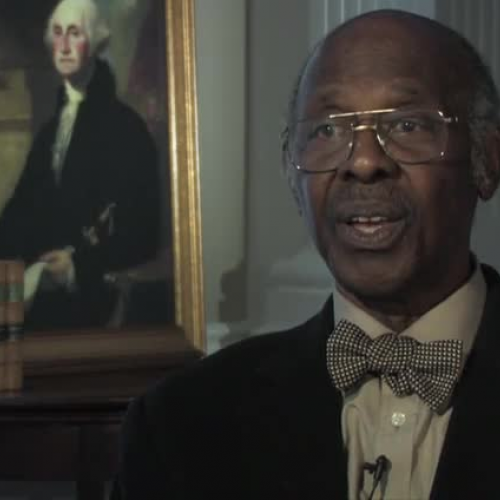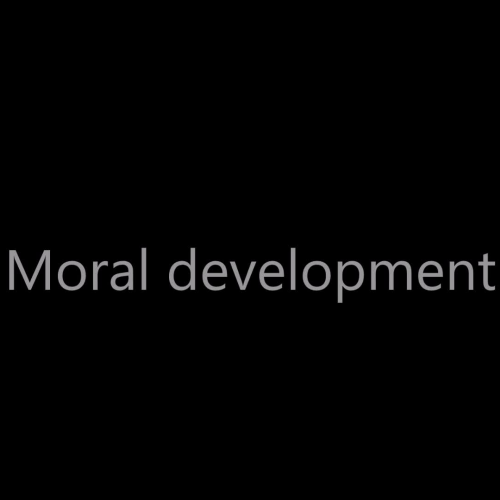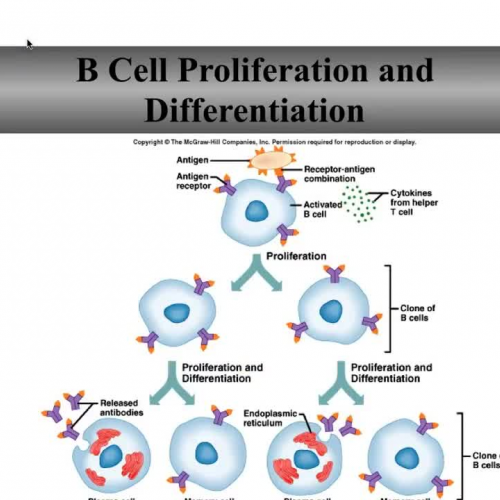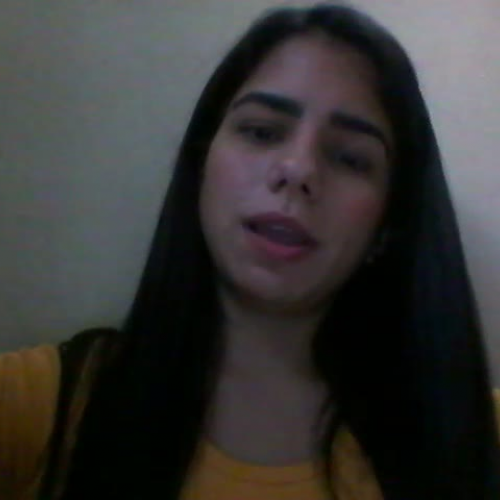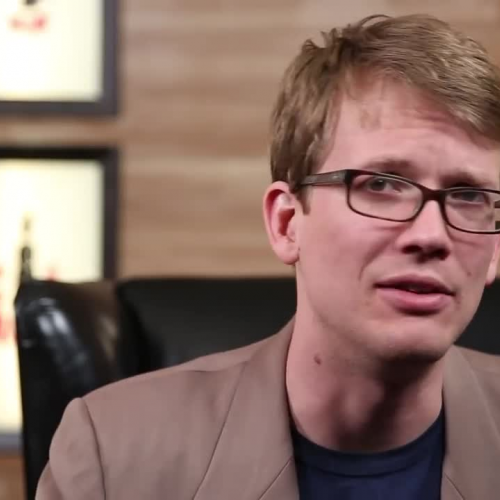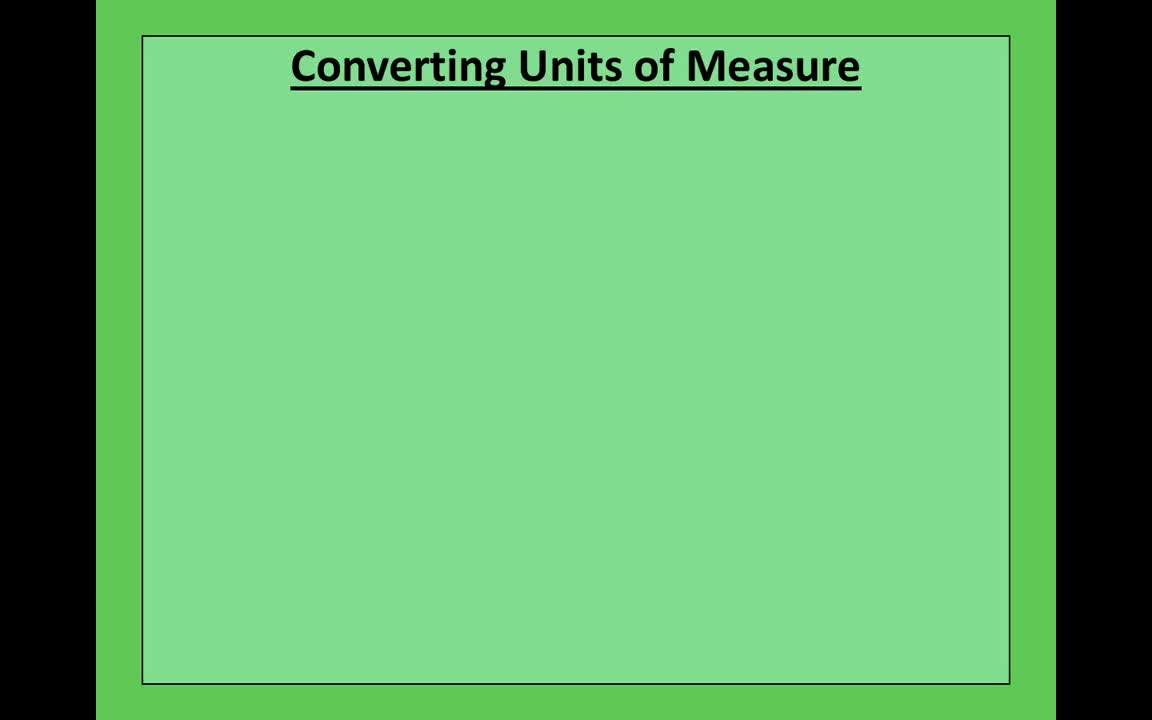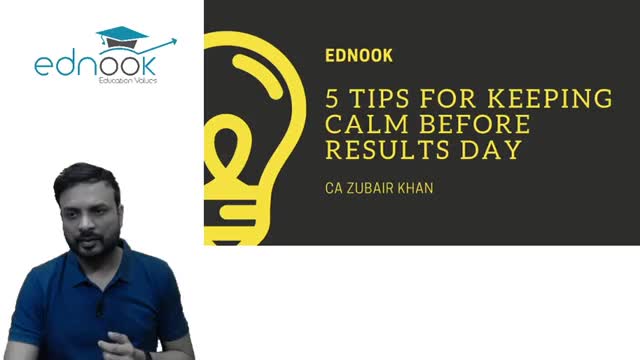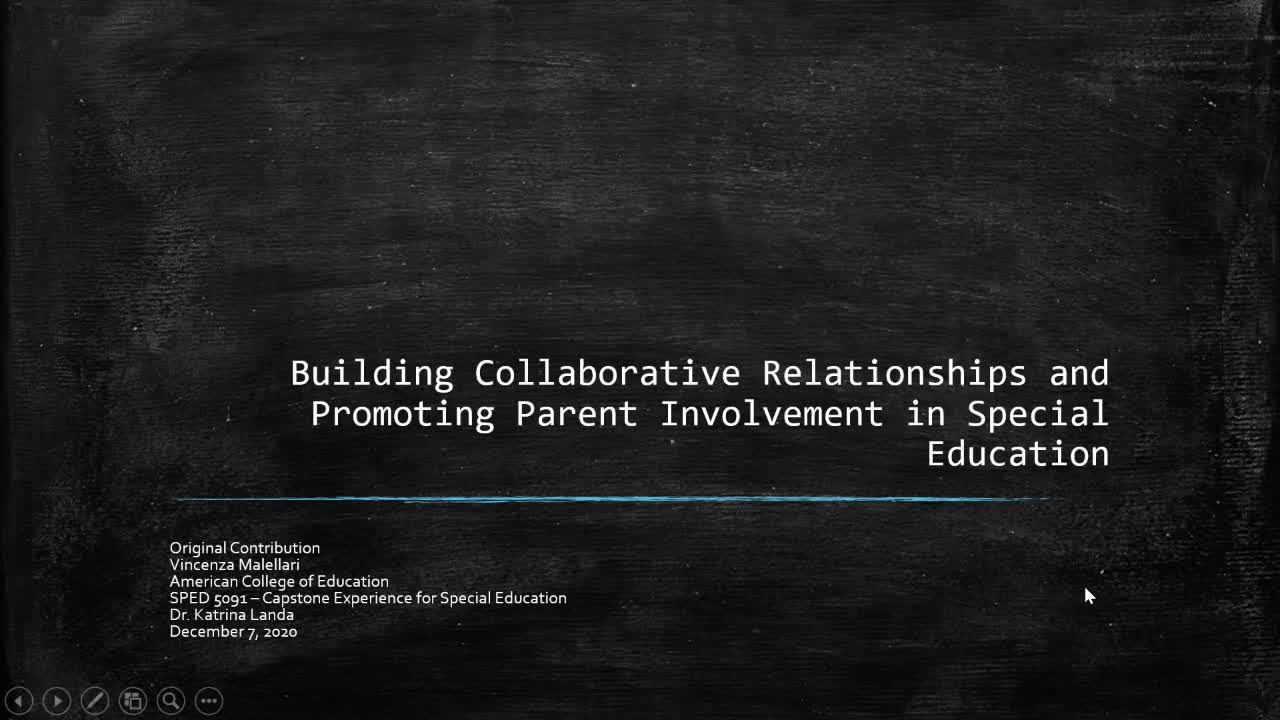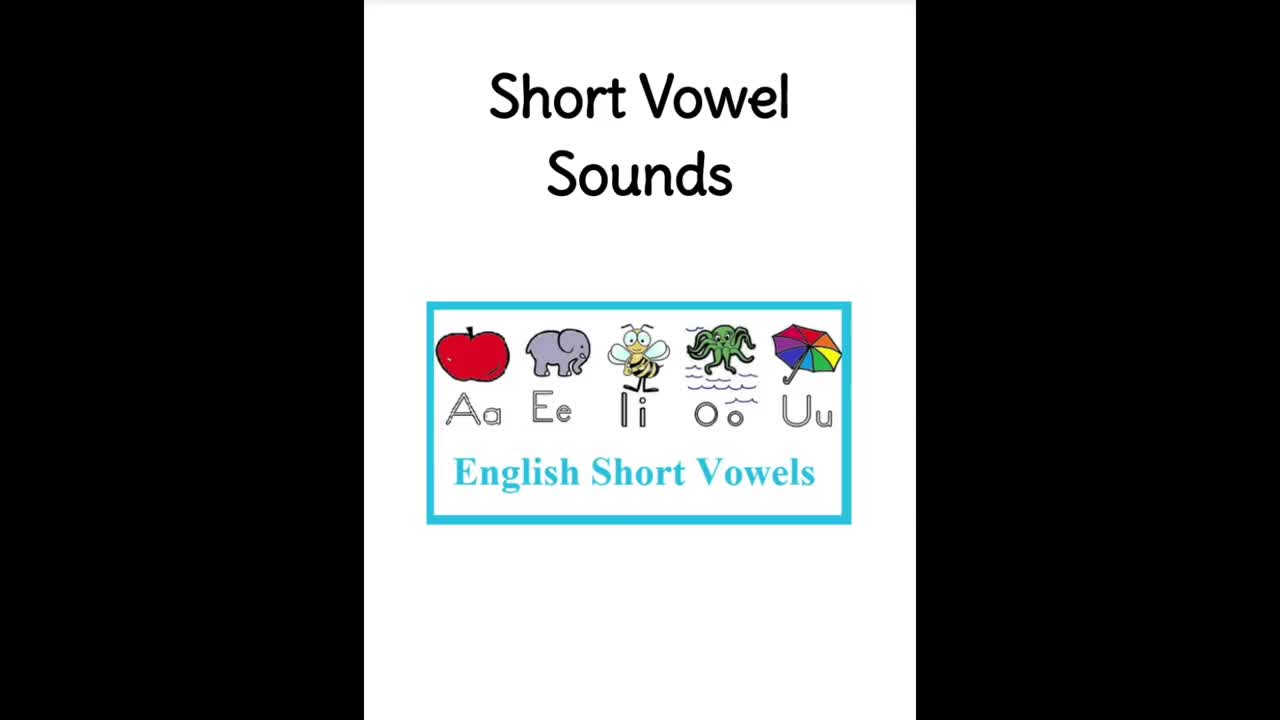Psychological Criticism
College and University / Ethics / Morality
According to psychological criticism, when you analyse a text, the place where you will find its meaning could be in the author’s mind and world, or in the text itself, depending on what angle you choose to take. It relates to language and purpose. The meaning of a text can be found in the answers to various psychological questions that can be asked about either the author or the characters. If you are asking these questions about the author, you are doing something very similar to historical criticism, so we will ignore that here. But you can ask some very interesting questions about the characters in the text: why do the characters react the way they do? What causes characters to mature in the book? How have the characters’ lives and backgrounds influenced their actions? What hopes, fears and nervous ticks do the characters have? What you are doing here is pretending that the characters are real people, and analysing them as such. Alternatively, if you want to try something a little more challenging and interesting, you can use an established psychological theory to analyse a text. Erikson’s pychosocial criticism, Maslow’s hierarchy of needs, or Kohlberg’s theory of moral development could lead you to interesting interpretations of a text that you might otherwise not see. If you want to read a text like a psychological critic, ask questions about the psychology of the characters and see what answers you can come up with.




